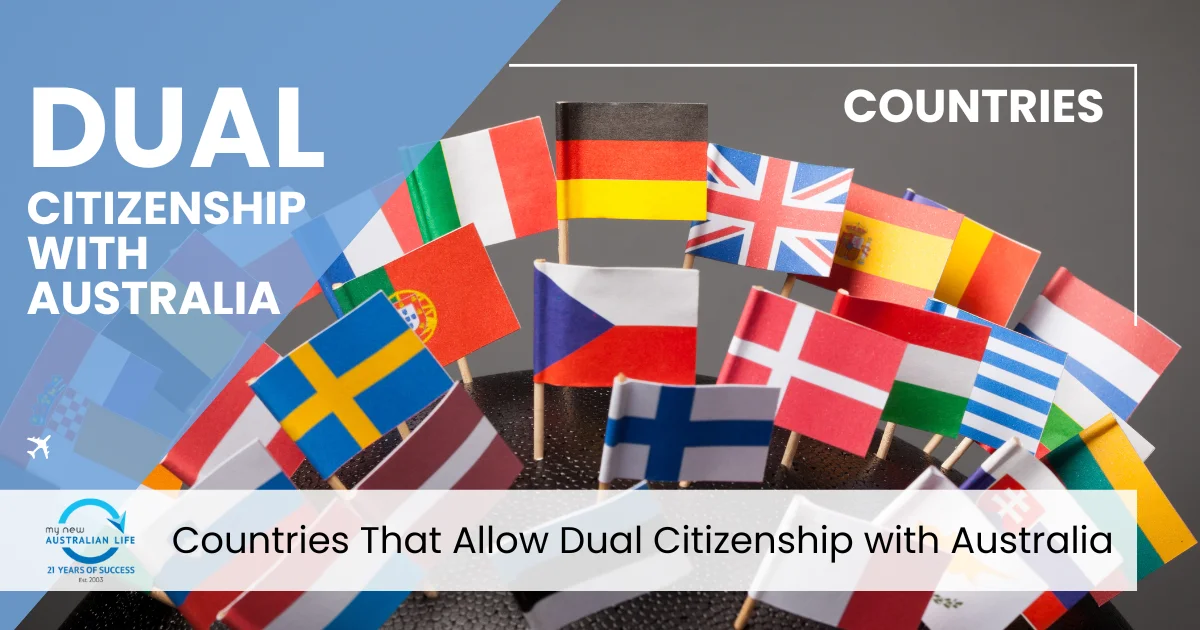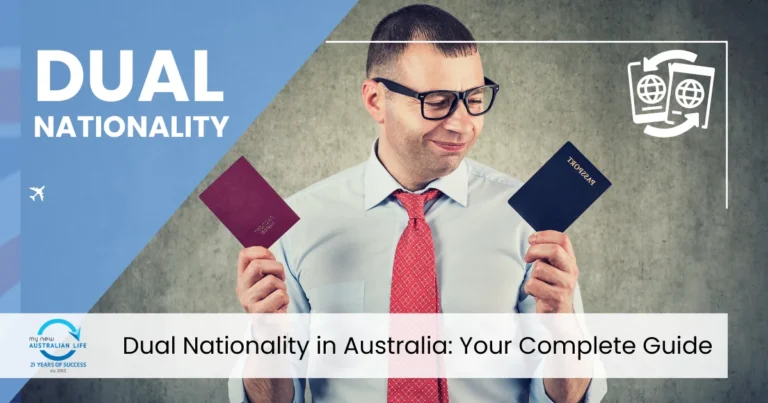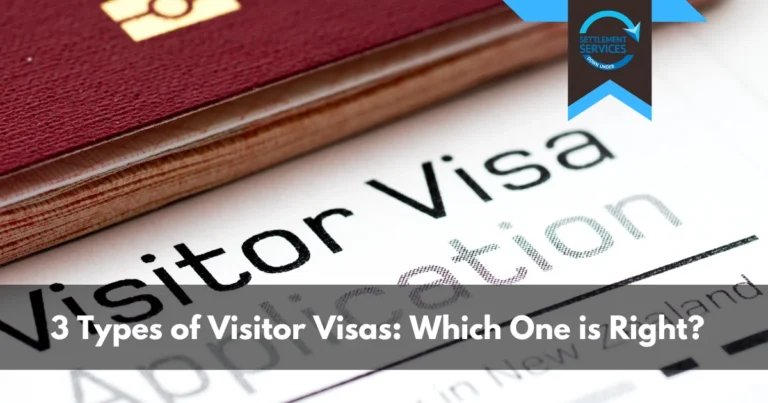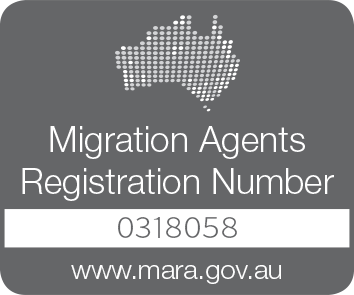Australia is known not just for its stunning landscapes and vibrant cities, but also for its progressive and flexible immigration policies. One of the most appealing aspects for global migrants is that Australia permits dual citizenship. This means Australian citizens can become citizens of another country without losing their Australian citizenship, and vice versa — as long as the other country also permits it.
But which countries actually allow dual citizenship with Australia?
In this detailed guide, we’ll explore the countries that allow dual nationality with Australia, the implications, benefits, and how to check your eligibility. If you’re planning to embrace a new passport while keeping your Aussie identity, this article is for you.
What is Dual Citizenship?
Dual citizenship, also known as dual nationality, means being legally recognised as a citizen of two countries at the same time.
As a dual citizen, you enjoy the rights and responsibilities of both countries, including:
- Voting rights
- Access to public services (health, education, etc.)
- Social security benefits
- Freedom to live, work and travel in both countries
However, not all countries permit it. Some require you to renounce your previous citizenship when you naturalise.
Does Australia Allow Dual Citizenship?
Yes, Australia allows dual or even multiple citizenships. Since the amendment of the Australian Citizenship Act 1948 in April 2002, Australians have been permitted to acquire a second nationality without losing their Australian citizenship.
To hold dual nationality in practice, the second country must also recognise dual citizenship. That brings us to the next important topic.
Countries That Allow Dual Citizenship with Australia
Below is a comprehensive list of countries that allow dual citizenship with Australia. These countries either:
- Explicitly permit dual citizenship;
- Implicitly allow it by not requiring renunciation; or
- Permit it under specific circumstances.
Top Countries That Recognise Dual Citizenship with Australia
| Country | Dual Citizenship Status |
|---|---|
| United Kingdom | Allowed |
| Canada | Allowed |
| New Zealand | Allowed |
| United States | Allowed |
| Ireland | Allowed |
| France | Allowed |
| Germany | Conditional (Allowed in some cases) |
| Italy | Allowed |
| Greece | Allowed |
| South Africa | Allowed (with permission) |
| Philippines | Allowed (Balikbayan or RA 9225) |
| India | Not allowed (but OCI status available) |
| Japan | Not allowed |
| China | Not allowed |
| Singapore | Not allowed |
Let’s go deeper into some popular nations of dual citizenship interest.
Dual Citizenship with the United Kingdom
The UK fully allows dual or multiple citizenships. If you are a British citizen who naturalises as an Australian, or vice versa, you can retain both passports.
Benefits:
- Full access to NHS and social security
- No need to renounce either nationality
- Live and work freely in both countries
Dual Citizenship with Canada
Canada also allows dual nationality. Australian citizens can become Canadian citizens without renouncing their Aussie status.
Benefits:
- Full political and legal rights in both countries
- Access to Medicare in Australia and Canadian public healthcare
Dual Citizenship with the United States
The USA allows dual citizenship by default. You can be a US and Australian citizen without forfeiting either.
Things to Note:
- You must file taxes in both countries
- Obligations to serve on juries or in the military may arise
Dual Citizenship with the Philippines
The Philippines allows dual citizenship for natural-born Filipinos who became citizens of another country. Under RA 9225 (Citizenship Retention and Re-acquisition Act of 2003), you can reacquire your Filipino citizenship while keeping your Australian one.
Important:
- Apply through the Philippine Consulate or Embassy
- Submit your Australian documents
Countries That Do Not Allow Dual Citizenship with Australia
Some countries strictly prohibit dual citizenship, meaning you must renounce your previous citizenship before naturalising.
Countries That Don’t Permit Dual Citizenship
- India (However, offers Overseas Citizenship of India or OCI)
- China
- Singapore
- Indonesia (with exceptions for children)
- Saudi Arabia
- Malaysia
Alternative: OCI and Other Limited Programs
For countries like India, alternatives such as OCI (Overseas Citizenship of India) allow long-term residency, employment and other privileges — without technically holding dual citizenship.
Benefits of Holding Dual Citizenship
Having dual nationality can offer numerous advantages, especially for migrants, business professionals, and families.
Advantages:
- Increased Mobility – You can live, work, and travel between both nations without needing visas.
- Educational Access – Pay domestic tuition fees in both countries.
- Healthcare Benefits – Enjoy subsidised healthcare systems.
- Employment Opportunities – No need for work visas or sponsorships.
- Inheritance and Property Rights – Own property in both places legally.
- Security – If one country experiences instability, you have a backup.
Chart: Number of Australians with Dual Citizenship (Top 10 Countries)

Source: Australian Bureau of Statistics & Department of Home Affairs
Steps to Apply for Dual Citizenship
While Australia permits dual nationality, the actual process depends on the second country. However, here’s a general framework:
Typical Process:
- Check Your Eligibility – Confirm if your country allows dual nationality.
- Gather Documents – Passport, birth certificate, residency proof, etc.
- Lodge an Application – With the second country’s immigration authority.
- Attend an Interview – Some nations require citizenship interviews.
- Swear Allegiance – Oath or pledge to the new country.
- Register with Australia – Optional, but you may notify DFAT of second nationality.
List: Australian Citizens with High Dual Citizenship Rate
- Italians
- Greeks
- Filipinos
- Chinese Australians (children born in Australia)
- South Africans
- Vietnamese
- New Zealanders
- British
- Americans
These communities benefit from established consular support, cultural ties, and easier access to dual citizenship schemes.
Can You Lose Australian Citizenship?
While rare, Australian citizenship can be revoked under special conditions, such as:
- Fraud during the application
- National security threats
- Voluntarily renouncing it
However, acquiring another nationality does NOT mean automatic loss.
Responsibilities of Dual Citizens
With dual rights come dual responsibilities. Some of these include:
- Taxes: Declare worldwide income in both countries
- Military Obligations: May apply in countries with conscription
- Legal Duties: Adhere to both legal systems when present in each country
Tips Before Applying for Dual Citizenship
- Always consult the official government websites or embassies
- Consider tax implications and healthcare coverage
- Think long-term – family, property, career, retirement
- Check for any military or political obligations
Conclusion: Embrace the Best of Both Worlds
Dual citizenship is a valuable legal status that lets you fully participate in more than one nation. For Australians, this flexibility unlocks boundless opportunities across the globe.
However, it’s crucial to understand your rights, obligations, and the legal framework of each country involved. Whether you are a migrant planning to secure a second passport or an Australian living overseas, always stay informed.
Ready to explore your dual citizenship options? Visit mynewaustralianlife.com for tailored advice, migration programs, and resettlement services.






